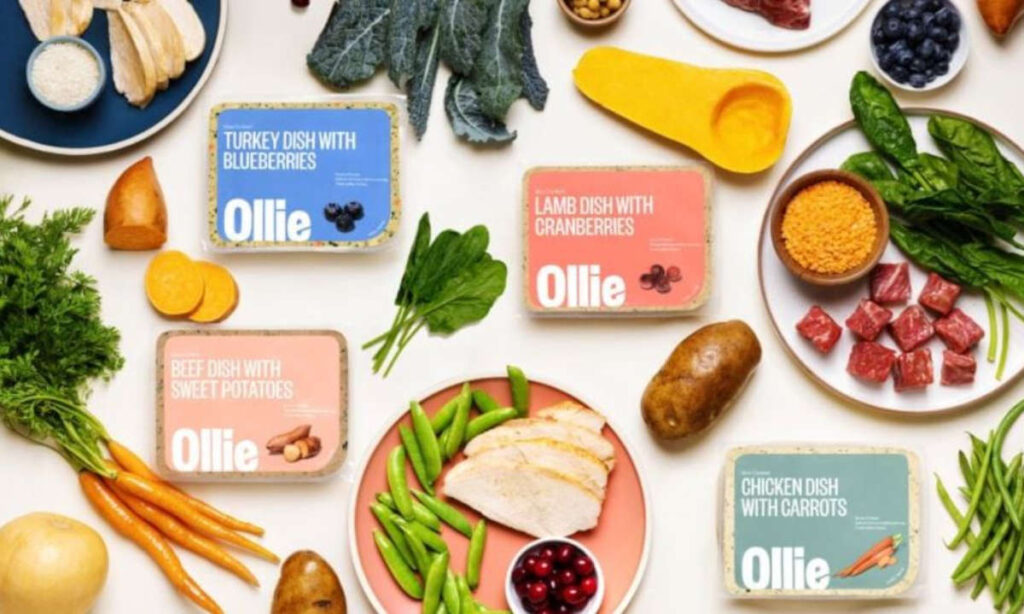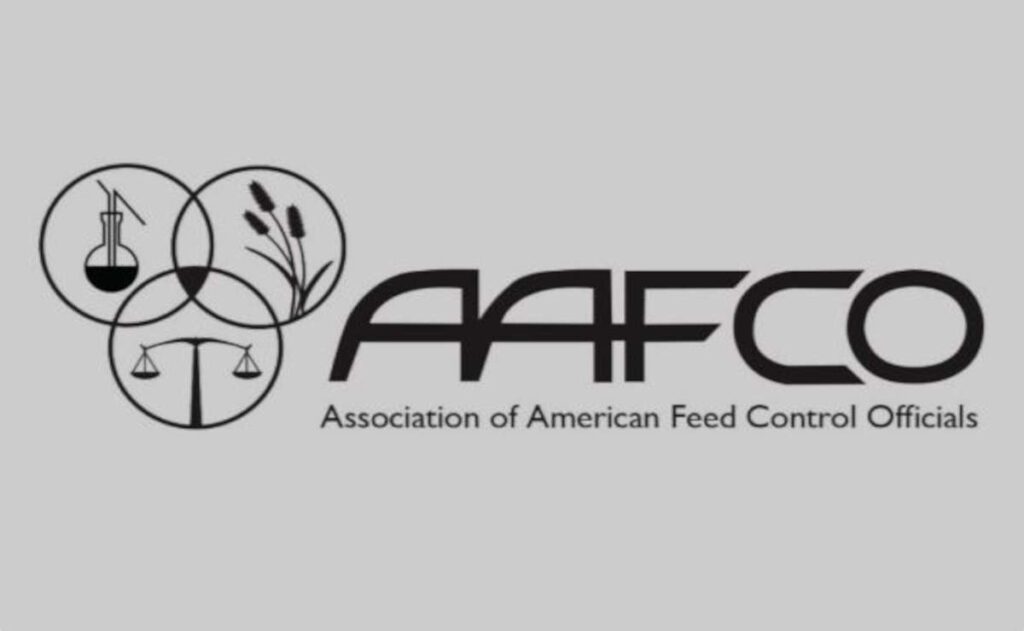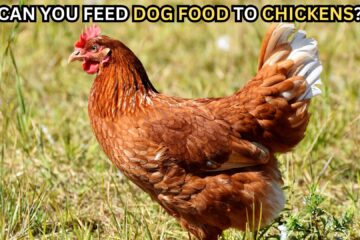In the vast universe of pet care, the food our four-legged friends consume stands out as a topic of perpetual concern for diligent pet owners. One critical hallmark of quality for many is approval by the Association of American Feed Control Officials (AAFCO).
Among the myriad of choices available, Ollie dog food has surged in popularity, leading many to ask, “Is Ollie dog food AAFCO approved?”
In this comprehensive dive, we’ll explore the significance of AAFCO, introduce you to the world of Ollie, and answer that burning question.
Understanding AAFCO and its Importance:
The Association of American Feed Control Officials, or AAFCO, is an integral body in the pet food industry. But why?
The Role of AAFCO: As an organization, AAFCO isn’t a governing body. Instead, it sets nutritional standards for pet foods, ensuring that products meet minimum (and in some cases, maximum) requirements for our pets.
The Significance of Approval: AAFCO’s standards are the result of rigorous research. If a dog food meets these standards, it means it provides the necessary nutrition for dogs at various life stages.
Criteria: To be AAFCO approved, a dog food must either meet specific nutritional profiles set by AAFCO or pass feeding trials.
AAFCO Approval of Ollie Dog Food: Meeting Nutritional Standards for All Life Stages
Yes, Ollie Dog Food is indeed AAFCO approved. The various recipes they offer, such as Ollie Beef, Chicken, Lamb, and Turkey Dog Food Recipes, are formulated to meet the nutritional levels established by the AAFCO Dog Food Nutrient Profiles for all life stages.
This includes the growth of large size dogs. This approval indicates that Ollie Dog Food adheres to the nutritional standards set by AAFCO, ensuring that it provides complete and balanced nutrition for dogs at different stages of their life.
- Formulations in Sync with Standards: Ollie doesn’t just aim for the bare minimum. Their formulations are designed keeping in mind the rigorous AAFCO guidelines, ensuring your pet gets only the best.
- Ollie’s Transparency: Ollie believes in transparency. They openly discuss the nutritional value of their meals, emphasizing how they align with AAFCO’s benchmarks.

Ollie Dog Food – A Glimpse into Gourmet Meals for Dogs:
Ollie has made waves in the pet food market by offering meals that could tempt even the most discerning human palates. Here’s what you should know:
- The Ethos of Ollie: Ollie aims to provide meals that are fresh, natural, and free from artificial preservatives, tailored for each dog’s unique needs.
- Prime Ingredients: From beef and chicken to sweet potatoes and peas, Ollie’s recipes are replete with ingredients that prioritize health without compromising on taste.
- The Ollie Promise: Beyond just tantalizing taste buds, Ollie emphasizes the health benefits their meals bring, from shinier coats to increased energy levels.
Why AAFCO Approval Matters to Your Pooch:
- Quality Assurance: An AAFCO approval is like a gold seal of quality. It assures pet owners that they’re feeding their dogs food that is wholesome and nutritionally sound.
- The Risks of Non-AAFCO-Approved Foods: While not every non-approved food is harmful, there’s a higher risk of these foods lacking essential nutrients. This can lead to health issues over time.
- The Premium Choice: Choosing AAFCO-approved brands like Ollie ensures you’re investing in your pet’s long-term well-being.

FAQs:
Why is AAFCO’s approval a benchmark?
AAFCO represents a standard of research-backed nutritional adequacy, making its approval a trusted benchmark.
Is Ollie AAFCO Certified?
Yes, Ollie dog food is crafted to meet, and often exceed, AAFCO’s stringent guidelines. This ensures that every bite your dog takes isn’t just delicious but also nutritionally balanced.
Is Ollie Dog Food FDA Approved?
The FDA oversees pet food safety, and while it doesn’t “approve” pet foods, it does regulate them. Ollie adheres to FDA regulations, ensuring safety alongside taste.
What Dog Foods are AAFCO Approved?
Many established brands strive for AAFCO certification, including the likes of Hill’s Science Diet, Royal Canin, and Blue Buffalo, among others. It’s essential to check the label for an AAFCO nutritional adequacy statement.
Is Ollie Dog Food Complete and Balanced?
In line with AAFCO standards, Ollie prides itself on offering ‘complete and balanced’ meals. This means their foods provide all the necessary nutrients, in the right proportions, for a healthy canine diet.
Do AAFCO standards evolve?
Yes, as research advances and we gain a better understanding of pet nutrition, AAFCO updates its guidelines.
Is non-AAFCO-approved dog food bad?
Not necessarily. However, it’s essential to be cautious and consult with a vet when choosing such foods.
Are there other markers of dog food quality?
Yes, certifications like USDA Organic can also indicate quality, but AAFCO focuses specifically on nutritional profiles.
How can I verify AAFCO approval?
Check the pet food label. It should have a statement indicating its alignment with AAFCO’s nutritional profiles or successful feeding trials.
Conclusion:
In our journey to provide the best for our canine companions, understanding markers of quality is crucial. AAFCO stands as a beacon of trust in this landscape. While Ollie dog food meets AAFCO standards, its real charm lies in its commitment to enhancing our dogs’ lives, one scrumptious meal at a time.
So, when pondering, “Is Ollie dog food AAFCO approved?“, rest easy knowing not only is it approved, but it’s also a choice that prioritizes your pet’s health and happiness.
Read also:



0 Comments